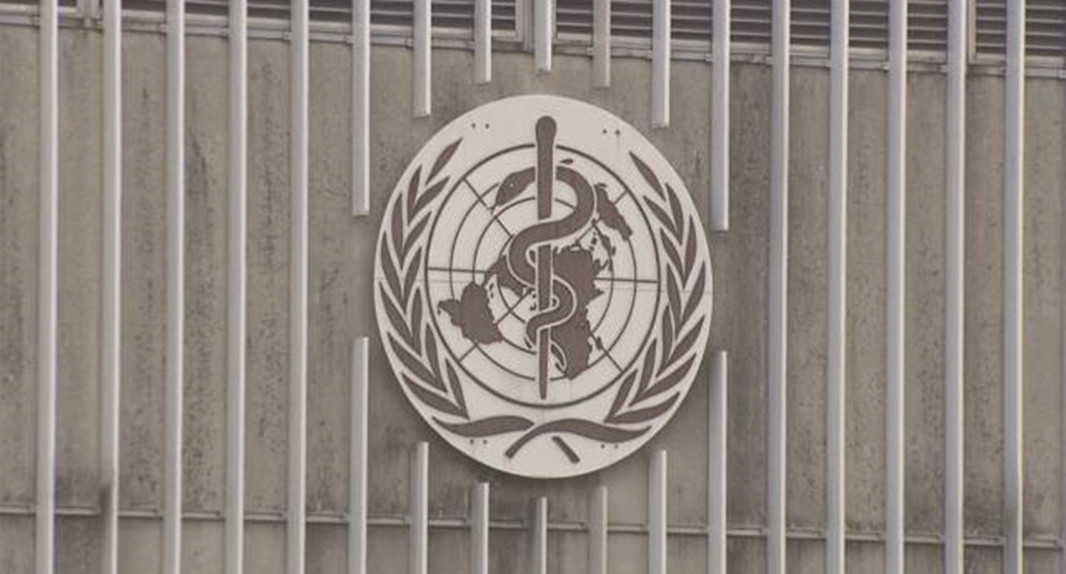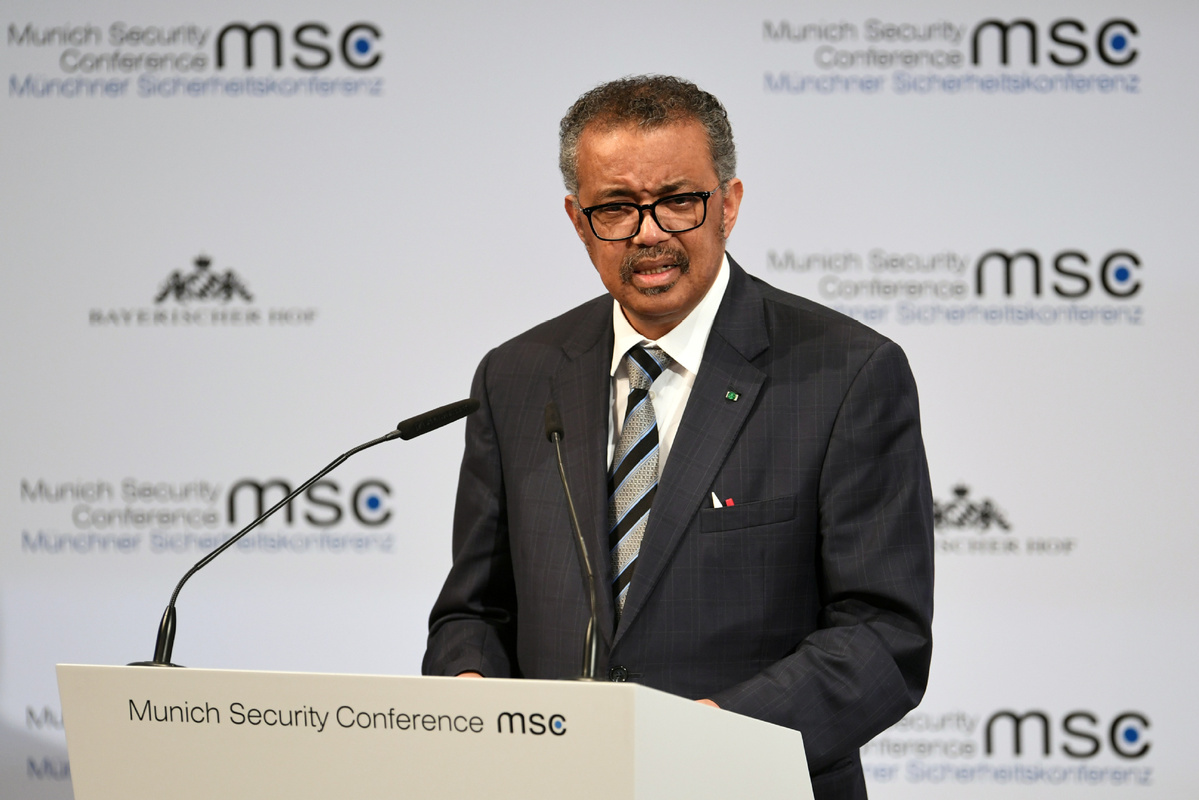Virus cases decline, but 'no time for complacency', says WHO


The World Health Organization has urged countries around the world to seize a "window of opportunity" to combat the novel coronavirus pneumonia, also known as COVID-19.
WHO Director-General Tedros Adhanom Ghebreyesus said that the organization is doing everything it can to combat the outbreak. "We urge the international community to do the same," he told a news conference on Thursday afternoon.
Tedros said that the WHO had not received enough money to fight the outbreak and the global response to the WHO's call for $675 million of funding was disappointing.
"Considering the urgency and considering that we are fighting with a very dangerous enemy, we are surprised that the response is not really something we would expect," he said.
"I've said it many times, because of the serious measures taken by China, the number of cases in the rest of the world is very small. But it doesn't mean this small number of cases in the rest of the world will stay the same for long.
"It's only a window of opportunity. And that's why we say this is the time to attack the virus while it is actually manageable.
"If we don't hit hard now and use the window of opportunity, we might be faced with a serious problem."

Jaouad Mahjour, assistant director-general of emergency preparedness of the WHO Health Emergencies Program, added that the response plan is to help countries with a weaker system to get prepared to detect and contain any importation of COVID-19.
"It is the most important part of the plan," he said.
As of 6 am Geneva time on Thursday, China had reported 74,675 cases of COVID-19 to WHO, including 2,121 deaths.
"The data from China continues to show a decline in new cases. Once again, we're encouraged by this trend, but it is no time for complacency," Tedros said.
Outside China, there are now 1,076 cases in 26 countries, with seven deaths.
Tedros said that in addition to monitoring the evolution of the COVID-19 outbreak, the WHO's main role is to work with countries and partners to coordinate the global response.
A WHO-led international team of experts is on the ground in China, working with Chinese counterparts to understand more about the transmissibility of the virus and about the impact of measures taken.
Tedros said the team is working day and night, and said he is expecting recommendations as soon as they finish their work in the country.
The WHO said it is looking forward to results from two clinical trials of therapeutics prioritized by the WHO's R&D Blueprint, a plan that allows the rapid activation of activities during epidemics.
One combines two drugs for HIV, lopinavir & ritonavir, and the other is testing an antiviral called remdisivir.
"We expect preliminary results in three weeks," Tedros said.
Janet Diaz, head of the Clinical Care of WHO Health Emergencies, said:
"At this moment in time, there is still no proven effective treatment for COVID-19. That is clear," she said.
Tedros warned there has been too much misinformation and conspiracy theory shared about the source of the virus. "We have to be very, very careful. We shouldn't trust anything until it's proven with science and evidence," he said.
- Ice 'Terracotta Warriors' to debut at Harbin Ice-Snow World
- Major airport in Guangzhou sees record passenger throughput
- China launches new project to support young scientists
- Big lottery winners in Guangzhou claim prize
- No indication of big earthquake to occur in Ningxia, said officials
- Rural China tackles hefty bride prices to ease marriage burdens





































